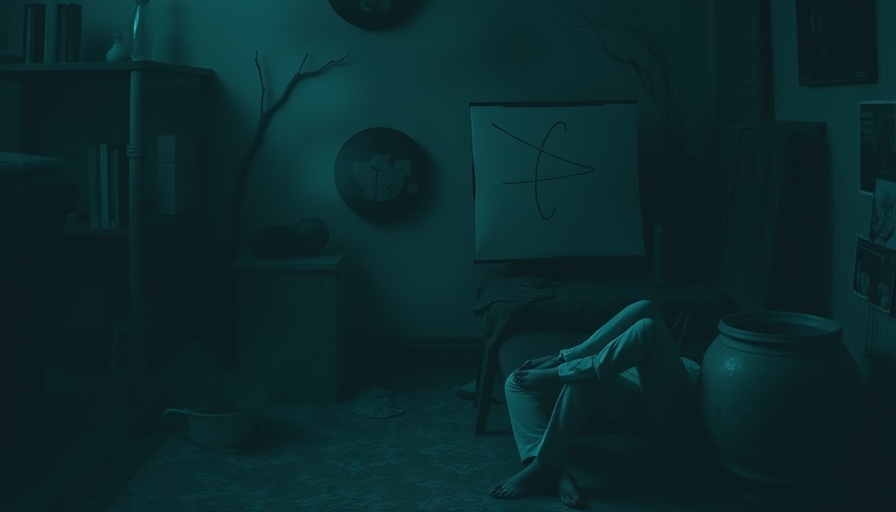
The Complex Relationship Between Psychosis and Loneliness
In today's fast-paced world, the intertwined struggles of psychosis and loneliness create a significant challenge for many individuals, particularly among residents in the Grand Strand of South Carolina who aspire to maintain a healthy lifestyle. Psychosis, often characterized by a loss of contact with reality, can leave individuals feeling isolated and misunderstood. This disconnection can amplify feelings of loneliness, further complicating mental health challenges.
Understanding the Cycle: How Loneliness Fuels Psychosis
A growing body of research indicates that loneliness can exacerbate symptoms of psychosis. The connection is both alarming and enlightening: as individuals experience the onset of psychotic symptoms, their social interactions often dwindle. This isolation creates a vicious cycle. The more someone feels disconnected from their community, the more intense their psychotic symptoms may become, leading to a deeper sense of loneliness.
Why Addressing These Issues is Crucial
For those striving to lead healthier lives in the Grand Strand area, understanding this connection isn’t merely academic; it's critical for personal well-being. Individuals struggling with psychosis and loneliness may benefit from community engagements and strong social connections. Mental health experts emphasize the importance of fostering relationships to combat feelings of isolation, which can, in turn, alleviate psychotic symptoms.
Practical Strategies for Combating Loneliness
Community engagement is vital. Local groups and activities provide excellent outlets for residents looking to strengthen their social networks. For instance, wellness classes or community gardening can encourage positive interactions among community members. Simple measures, like regular check-ins with friends and family or participating in local events, can significantly enhance emotional health.
Inspirational Anecdotes from Community Members
In the heart of the Grand Strand, local residents have discovered transformative power in connection. For example, a community member shared how joining a local yoga class not only improved her physical health but also connected her with new friends, reducing feelings of isolation. Stories like these highlight the value of community activities in maintaining mental wellness.
Future Considerations: The Path Forward
As we look to the future, a holistic approach to mental health that encompasses both emotional support and community ties is vital. Providing resources for socialization and peer support can help individuals break free from the damaging loop of loneliness and psychosis. Mental health organizations in the Grand Strand should prioritize initiatives that encourage participation and connection among residents.
Final Thoughts: Bridging the Gap
Understanding the relationship between psychosis and loneliness is essential for fostering a healthier community. Local residents have the power to create an environment that supports mental wellness through active engagement and connection. By prioritizing community bonds, we can combat the dual challenges of psychosis and loneliness together.
If you or someone you know is struggling with issues of loneliness or mental health, reach out to local support resources or participate in community activities. Your well-being is important, and taking that first step towards connection can change everything.
 Add Row
Add Row  Add
Add 





Write A Comment